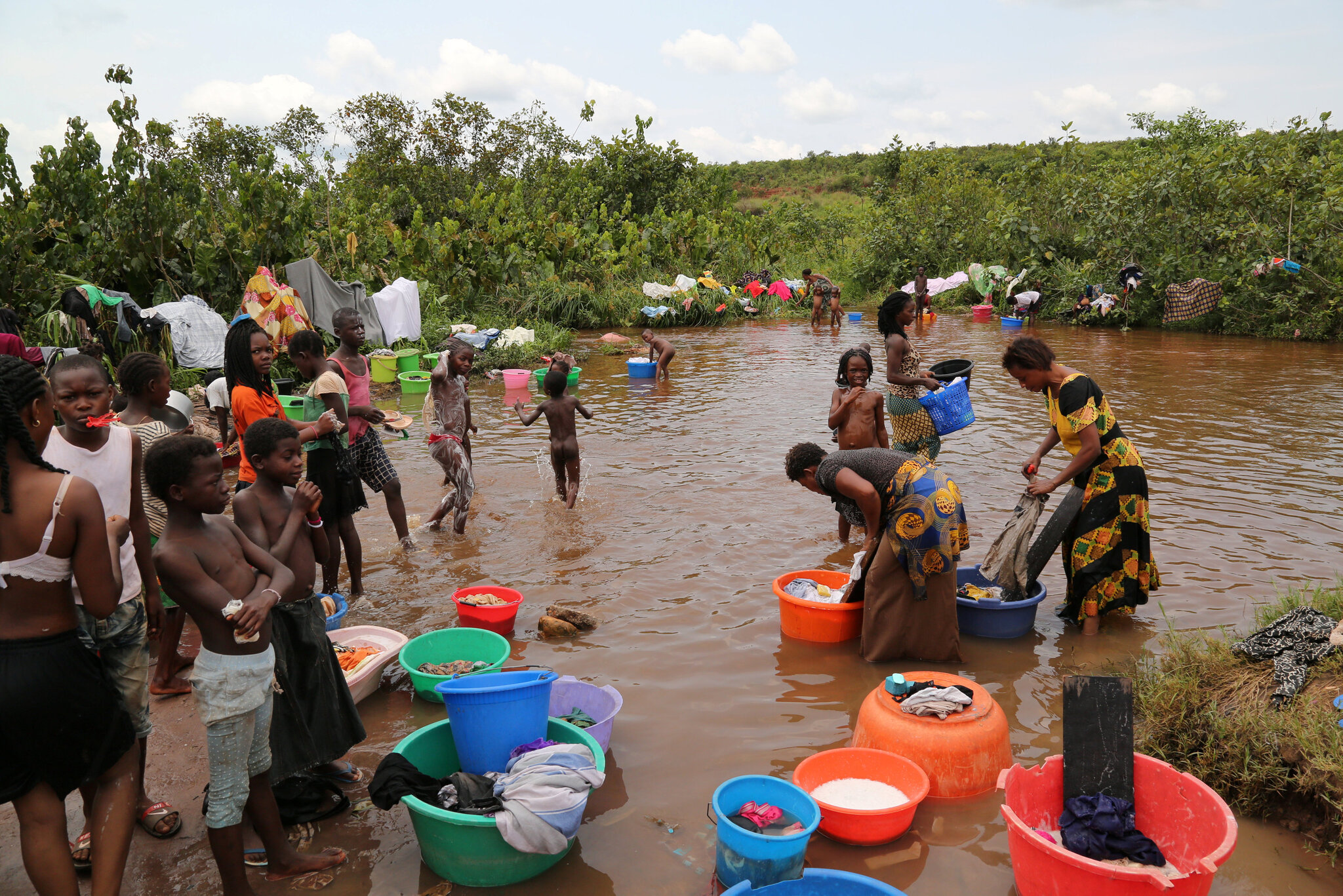
Environmentalist Rafael Lucas has called for urgent preventive measures in Angola’s urban areas as the rainy season begins, warning of the risks posed by flooding, soil erosion, and the spread of waterborne diseases.
Speaking to local media, Lucas highlighted that stagnant and contaminated water creates a fertile environment for illness, particularly in densely populated urban centres. He also pointed to improper waste disposal as a key factor exacerbating the situation.
“Inadequate disposal of garbage during the rainy season is responsible for blocking drainage channels and contaminating both water and soil,” he said, describing it as a serious public health issue.
The environmentalist urged municipal administrations to adopt comprehensive preventive strategies, including the development of emergency plans to respond effectively to natural events.
“Proactive planning is essential to protect communities and minimise damage from predictable climatic hazards,” Lucas added.
Recent rains have already caused significant damage in the municipality of Xá-cassau, Lunda-Norte province, where more than 40 people were displaced after ten homes were completely destroyed.
Municipal administrator Esmeralda Maximata told Angop that local authorities, in collaboration with other agencies, are mobilising resources, including zinc sheets, to assist affected families.
“In total, 41 people have been left homeless in the area. We are working to provide immediate shelter and support,” Maximata said.
Experts warn that the combination of heavy rainfall, urbanisation, and poor drainage infrastructure increases the risk of disasters, making early preparation crucial.
Public awareness campaigns, proper waste management, and infrastructure maintenance are among the measures recommended to reduce the impact of floods.
Lucas’s warnings come at a time when Angola faces recurring challenges related to seasonal rainfall, highlighting the need for coordinated government action and community engagement to prevent avoidable losses.
“The rainy season is predictable, yet the consequences are often severe. We must act now to protect lives, health, and property,” Lucas emphasised.
As local authorities respond to immediate emergencies in Lunda-Norte, environmentalists continue to advocate for long-term planning to mitigate future risks and strengthen the country’s resilience to climate-related hazards.



